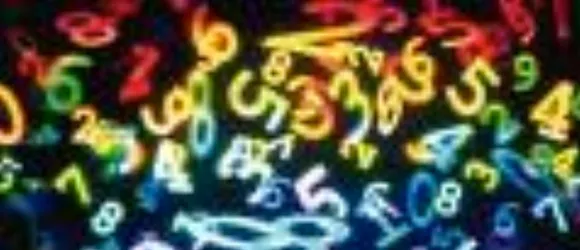It’s common knowledge that many human languages out there gender not only their pronouns, but also every noun. Leading to things like the moon having different genders depending on whether you’re speaking Spanish (la luna) or German (der mond). And it doesn’t really surprise us to learn that even people who weren’t raised with gendered nouns still find gender expression in everyday objects “based on their appearance, who typically uses them, and whether they seem to possess the type of characteristics usually associated with men or women.”
From Scientific American:
David Gal and James Wilkie of Northwestern University… found that people see food dishes containing meat as more masculine and salads and sour dairy products as more feminine. People see furniture items, such as tables and trash cans, as more feminine when they feature rounded, rather than sharp, edges.
But finding gender in things that don’t actually have gender doesn’t stop with objects. According to Scientific American lots of recent research has shown that we unconsciously find hints of perceived gender even in numbers.
James Wilkie and fellow Northwestern psychologist Galen Bodenhausen designed a study where participants were asked to guess, based on a photo of a baby (that presumably was not displaying the usual gender indications) the odds that it was male. They found, strangely enough, that people were much more likely to think a baby was probably male if it was labeled with a 1, and much less likely if it was labeled with a 2. They followed this up on a study that specifically asked participants to rate the masculinity or femininity of numbers themselves, which showed that people primarily rated odd numbers as masculine and even numbers as feminine.
Scientific American notes:
This last finding was replicated with a sample from India, lending their results cross-cultural support.
Why would odd numbers, across cultures, be associated with masculinity? While more research is needed for a solid answer, it may have something to do with gender stereotypes. Wilkie and Bodenhausen plan to explore this hypothesis in future studies by seeing whether people associate odd numbers with more stereotypically masculine qualities, such as dominance and independence.
Our tendency to assign gender to numbers has a long history. Both the Pythagorean philosophy of ancient Greece and the Chinese philosophy of yin and yang viewed numbers as possessing gender. Both cultures also viewed odd numbers as masculine and even numbers as feminine.
And in conclusion: Gender. It’s remarkably pervasive and makes us assign strange labels to inanimate objects and abstract concepts.
(via io9.)








Published: Sep 1, 2011 04:12 pm